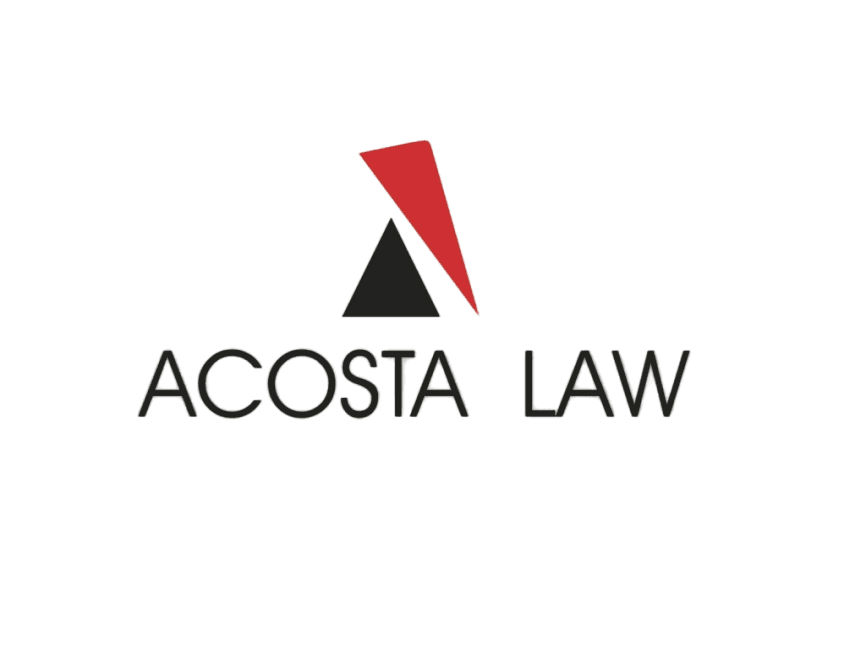A Complete Guide to Filing for Bankruptcy in Harris County
Understanding Bankruptcy
Filing for bankruptcy can be a daunting process, especially in a bustling area like Harris County. It’s essential to understand what bankruptcy entails and how it can provide a fresh financial start. Bankruptcy is a legal process designed to help individuals or businesses eliminate or repay their debts under the protection of the bankruptcy court.

Types of Bankruptcy
There are several types of bankruptcy, but the most common for individuals are Chapter 7 and Chapter 13. Chapter 7 involves liquidating assets to pay off debts, while Chapter 13 allows you to keep your assets and repay debts over time. Choosing the right type depends on your unique financial situation.
Eligibility Requirements
Before you file, it's crucial to determine if you’re eligible. For Chapter 7, you must pass a means test that evaluates your income and expenses. Chapter 13 requires a regular income to qualify for a repayment plan. Understanding these requirements will help you decide which option is feasible.

The Filing Process
The filing process begins with gathering necessary documents such as tax returns, pay stubs, and a list of assets and liabilities. It's advisable to work with a bankruptcy attorney who understands the local laws in Harris County. They can guide you through the complexities and ensure you meet all legal requirements.
Attending Credit Counseling
Before filing, you must attend a credit counseling session from an approved agency. This session helps evaluate your financial situation and explore alternatives to bankruptcy. It’s a mandatory step intended to ensure that filing is the right decision for your financial future.

Submitting Your Petition
After completing credit counseling, the next step is filing your bankruptcy petition with the court. This petition should include a detailed account of your financial situation, including income, expenses, debts, and assets. Once filed, an automatic stay goes into effect, halting most collection actions against you.
Meeting with Creditors
Approximately a month after filing, you’ll attend a meeting of creditors, also known as a 341 meeting. This is an opportunity for creditors to ask questions about your financial situation. Your attorney will help prepare you for this meeting to ensure everything proceeds smoothly.
Completing Financial Management Course
Post-filing, you must complete a financial management course to receive a discharge of debts. This course is designed to provide the financial education needed to avoid future financial dilemmas. It’s another required step to successfully finalize the bankruptcy process.

Receiving Your Discharge
Once you’ve completed all the requirements, the court will issue a discharge of your debts. This discharge releases you from personal liability for most debts, marking the end of the bankruptcy process. With this fresh start, you can rebuild your credit and work towards a stable financial future.
